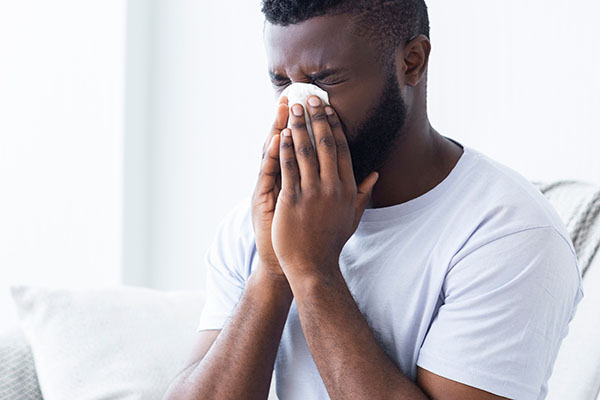When To Seek Medical Care for an Illness or Injury

When an illness or injury does not improve with home care or appears to worsen, it may be time to seek medical care from a healthcare professional. Sometimes it is evident the issue is an emergency, and the patient should head to the ER. However, an urgent care or primary care provider can treat a non-emergency illness or injury that still needs treatment. For those needing clarification about where to turn, this article will offer insight into when to seek medical care and where to go.
Is it an emergency?
If the illness or injury could be fatal or cause permanent disability, it is a medical emergency and requires a trip to an emergency room or a call to 911. The following are examples of medical emergencies:
- Chest pain/signs of a heart attack
- Loss of consciousness
- Seizures
- Trouble breathing
- Choking
- Electric shock
- Severe burn
- Heavy bleeding
- Poisoning or overdose
- A broken bone that is pushing through the skin
- Loss of feeling or inability to move
- Passing out, fainting, or confusion
- Fever above 103F
This is not meant to be an exhaustive list of emergencies. When in doubt, it is always best to err on the side of caution and seek emergency care if you think the situation you are dealing with is a threat to life or limb.
Non-emergency medical care
Treatment from an emergency room can be significantly more expensive than treatment from other medical facilities. Therefore, it benefits patients to know their options regarding non-emergency medical care.
Primary care
Contacting one's primary care doctor is an advisable first step when seeking non-emergency care. A person's primary care doctor has the advantage of knowing the patient's medical history and current health situation, which helps them provide customized treatment. Therefore, we recommend checking in with one's primary care provider first. However, if a health issue cannot wait, walk-in and urgent care clinics can help.
Walk-in
Walk-in clinics offer care for patients with mild to moderate injuries or illnesses on a walk-in basis. Nurse practitioners typically staff these clinics and are often found in community centers, shopping malls, or grocery stores. They are equipped to treat minor health care concerns that need immediate attention, such as sinus infections, minor wounds, strep throat, and flu.
Urgent care
Urgent care serves patients on a walk-in basis with more serious but non-emergency health concerns. These healthcare facilities are typically staffed with at least one physician, nurses, medical assistants, and nurse practitioners. In addition, they are equipped with more advanced medical equipment to provide X-rays or labs if needed. Patients often go to urgent care for cuts that need stitches, broken bones, animal or insect bites, urinary tract infections or vomiting, diarrhea, or dehydration.
When dealing with an illness or injury that needs medical care, it helps to call a medical professional immediately for advice on where to go. However, if the condition is a medical emergency, go to the nearest hospital ER or call 911.
Get the care you need when you need it
If you or a loved one are struggling with a medical issue that is worsening or not getting better with home care, do not wait to seek help. Our team can advise you on where to go for treatment. Call today to learn more about your options.
Request an appointment here: https://stonesprings.millenniummedicalcare.com or call Millennium Medical Care Stone Springs at (703) 665-3242 for an appointment in our Sterling office.
Check out what others are saying about our services on Yelp: Medical Care in Sterling, VA.
Related Posts
The common cold is appropriately named. This illness is perhaps the most common health problem that people experience. It will affect individuals of all ages, including babies and the oldest patients. You have almost certainly had your share of colds in the past. The good news is that there are ways to minimize your risks…
Struggling with the common cold is something that just about everyone will experience at some point. Yearly bouts with a cold are highly likely, as most people get at least one every 12 months. It is extremely contagious and caused by one of three viruses through close contact. Some people have mild symptoms, but that…
Urgent care centers treat non-emergency medical issues that still require immediate medical attention. Understanding what to expect and preparing for your visit can make the experience smoother and more efficient. Below are key things to consider before visiting one of these facilities.Urgent care centers fill the niche between hospital emergency rooms and primary care doctors…
A common cold infection often produces thick phlegm. This discharge is sticky and thick. The increase in phlegm production often results in more coughing and difficulty of breathing. Some say that consuming dairy products can increase phlegm production. If you want to know if dairy does increase phlegm production during a common cold infection, here…


